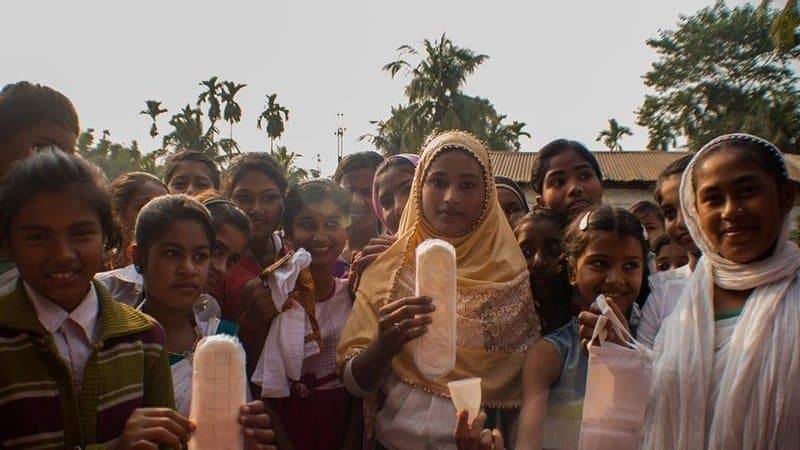
Two million people in the Indian state of Assam are facing 'statelessness' after the publication of a citizenship list aimed at removing ‘foreign infiltrators’.
The government of the Indian state of Assam carried out a registration process, according to which 31.1 million people were included in a National Register of Citizens, while 1.9 million people were made ineligible. Majority of those excluded from the list were expected be from the Muslim minority. The Indian government wants to replicate this process around the country.
Assam had had substantial influx of refugees, especially during the Bangladesh Liberation War, when millions of Bengali refugees fled into India. Due to these influxes, the state has witnessed frequent inter-religious and ethnic tensions.
Before the NRC was released, the government of the state had sought the services of 20,000 extra security personnel and had banned gatherings.
The NRC has only included those citizens who could demonstrate that they or their ancestors were in India before 1971. Thus, the list will effectively exclude those Bengali refugees that made their way to India to escape the events of the Bangladesh war of independence.
The process has further been complicated due to the high illiteracy in the region and the lack of documentation.
Critics of the procedure have said that the process is only meant to serve the co-religionists of the Bharatiya Janata Party, which rules the province. Meanwhile, the Indian Home Minister has called for the ejection of ‘termites’, in a reference to ‘infiltrators’ in India.
The process has engendered fear among members of India’s Muslim minority. The process will effectively change the demographics of the state, removing much of those the NRC declares infiltrators. Due to historical circumstances, these ‘infiltrators’ are mostly Muslim.
The move comes a month after India revoked Article 370 and 35A in Kashmir, an act that has been criticised as being motivated by the desire to change the demographics of the occupied territory. Both actions seem similar in nature, as both seem to potentially reduce Muslim numbers in the total populations of the respective states.
Those who have been rejected as citizens and have exhausted all legal means to fight the decision will be declared foreigners, placed in detention centres and would face possible deportation in the future.
The government of the Indian state of Assam carried out a registration process, according to which 31.1 million people were included in a National Register of Citizens, while 1.9 million people were made ineligible. Majority of those excluded from the list were expected be from the Muslim minority. The Indian government wants to replicate this process around the country.
Assam had had substantial influx of refugees, especially during the Bangladesh Liberation War, when millions of Bengali refugees fled into India. Due to these influxes, the state has witnessed frequent inter-religious and ethnic tensions.
Before the NRC was released, the government of the state had sought the services of 20,000 extra security personnel and had banned gatherings.
The NRC has only included those citizens who could demonstrate that they or their ancestors were in India before 1971. Thus, the list will effectively exclude those Bengali refugees that made their way to India to escape the events of the Bangladesh war of independence.
The process has further been complicated due to the high illiteracy in the region and the lack of documentation.
Critics of the procedure have said that the process is only meant to serve the co-religionists of the Bharatiya Janata Party, which rules the province. Meanwhile, the Indian Home Minister has called for the ejection of ‘termites’, in a reference to ‘infiltrators’ in India.
The process has engendered fear among members of India’s Muslim minority. The process will effectively change the demographics of the state, removing much of those the NRC declares infiltrators. Due to historical circumstances, these ‘infiltrators’ are mostly Muslim.
The move comes a month after India revoked Article 370 and 35A in Kashmir, an act that has been criticised as being motivated by the desire to change the demographics of the occupied territory. Both actions seem similar in nature, as both seem to potentially reduce Muslim numbers in the total populations of the respective states.
Those who have been rejected as citizens and have exhausted all legal means to fight the decision will be declared foreigners, placed in detention centres and would face possible deportation in the future.
